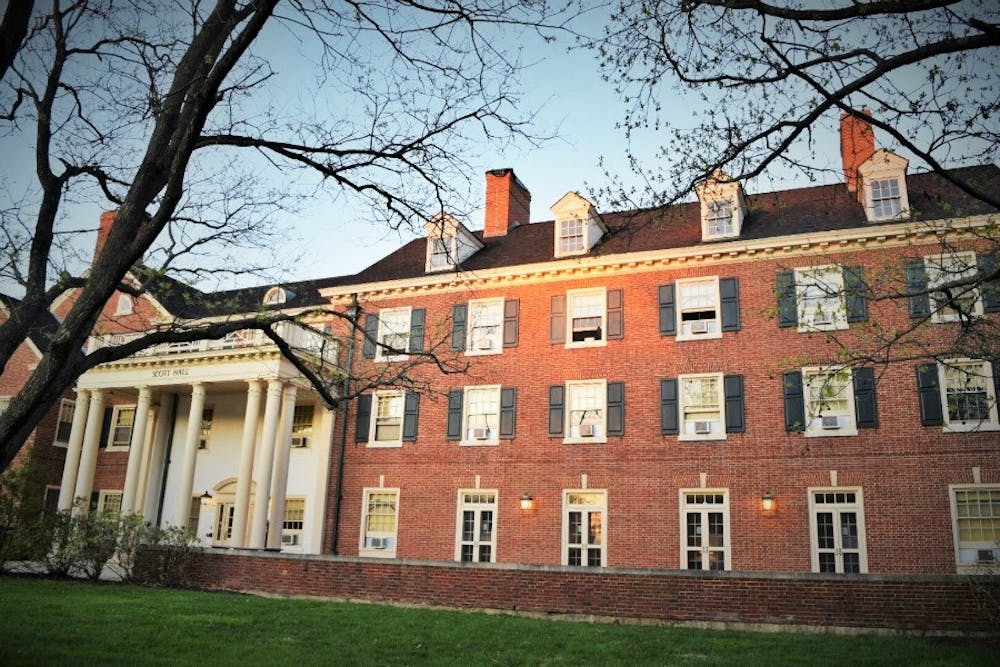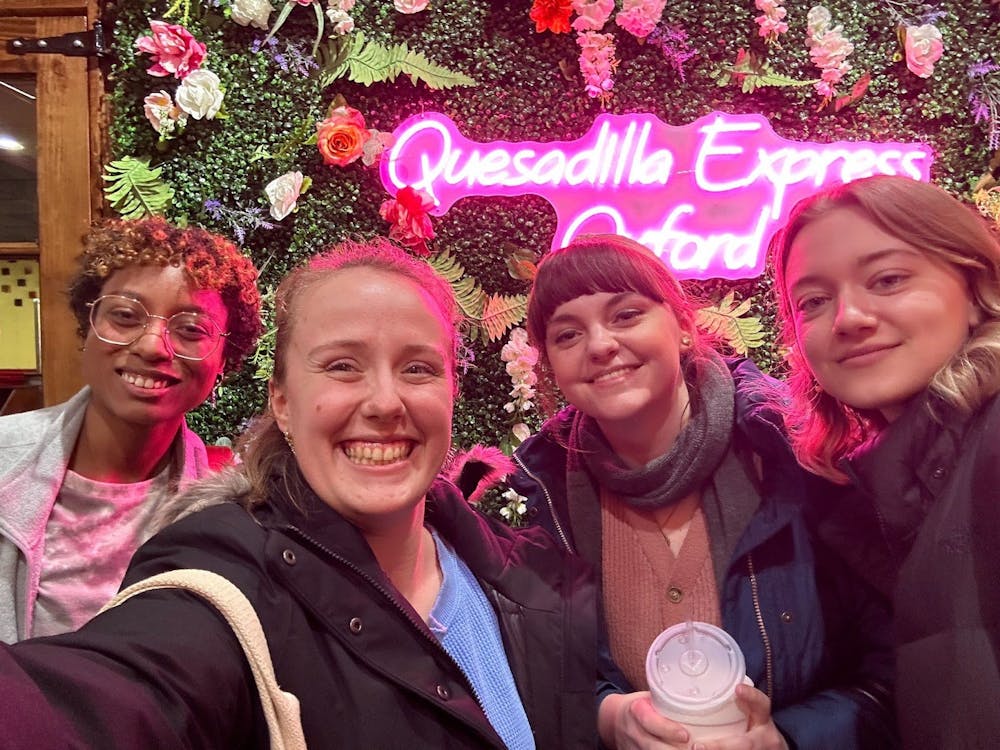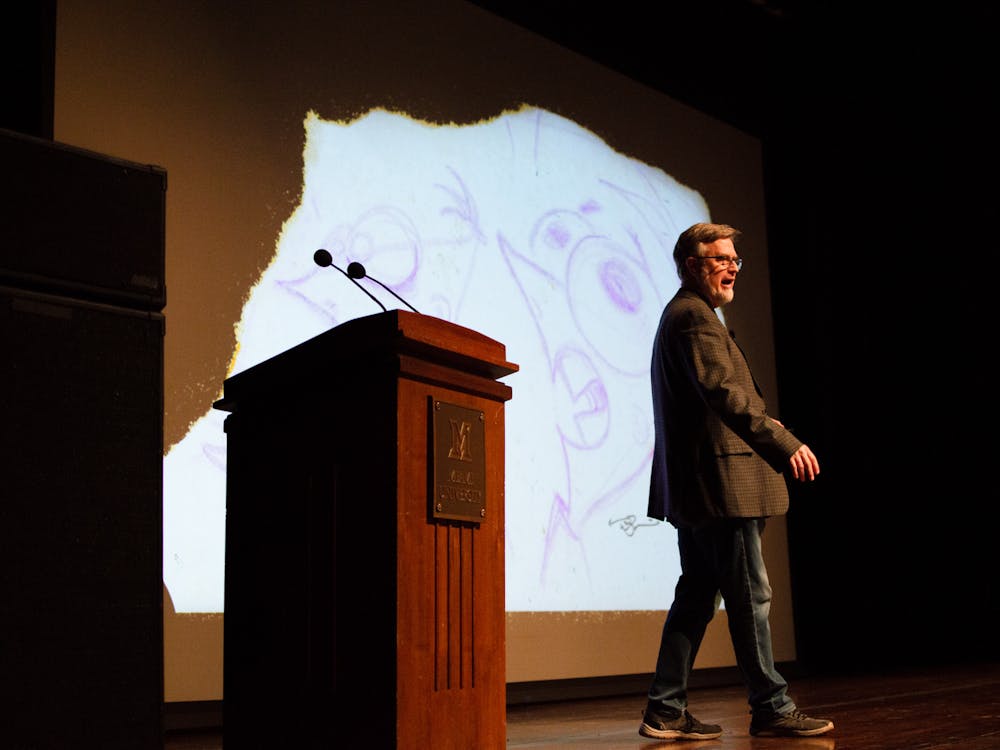By Maddie Wood, Senior Staff Writer
Over one-fifth of Miami University's population identify as first-generation college students - the first in their families to earn a degree from a college or university.
Miami currently hosts only two programs for first-generation students, even though their numbers continue to grow.
According to Miami's Office of Institutional Research, 13.5 percent of students on the Oxford campus self-identified as first-generation students this year. The national average is 16 percent.
First-generation students tend to differ from traditional students in their ambition and drive.
"One thing I notice about first-generation students is their commitment to pursue a college degree," said Buffy Stoll Turtion, director of New Student Programs. "Statistically, if they make it past their first year they're most likely to graduate. They think in longer term goals."
Miami has made efforts to appeal to this group.
In fall 2010, Miami began offering a transition course for first-generation students to assist in adjusting to college life. Taught by faculty mentors, the course is designed to teach students about the realities of college. The course offers four sections and pre-enrollment for all first-year first-generation students.
Pre-enrollment might seem overbearing when it comes to college curriculum, but according to Stoll Turton, sometimes students need a little push.
"In 2011, we didn't pre-enroll students, we only told them about the course," said Stoll Turton. "Only two people signed up, so we had to drop it for the semester."
In addition to a transition course, Miami also hosts the event MADE@Miami. This event gives first-generation and other minority students the opportunity to move into school a few days early. Students are able to meet people from similar backgrounds and take part in activities to connect with peers.
According to the New Student Programs website, MADE@Miami is designed to help students get the most out of their Miami experience. It promotes qualities valued by the university community such as mentoring, achievement, diversity and excellence.
Enjoy what you're reading?
Signup for our newsletter
Still, other schools around Ohio have more programs in place, such as extracurriculars. The University of Cincinnati offers a first-generation living learning community to aid students with their transition to college life, and Ohio State has a first-generation college student organization to get involved with.
First-year and first-generation college student Carly Kraska thinks programs like these on Miami's campus would be beneficial.
"I don't know of any organizations or counselors at Miami to help first-generation students," she said. "It would be nice to know of other students who are in the same boat as I am."
Although there are few organizations geared toward first-generation college students on Miami's campus, Kraska said she doesn't feel like she is at a disadvantage.
"I feel that I have the same opportunities as my friends who aren't first-generation college students," she said.
Miami is working on developing new programs, but Stoll Turton, thinks that universities need to step it up when it comes to working with first-generation students.
"Students are often so focused on graduation that they didn't think early enough about what would happen after graduation, and they freak out when it comes. Students need reassurance that it's okay to be who you are and do what you're doing," said Stoll Turton, "We have to create safe spaces on our campus community for first-generation, low income and other minority students."




